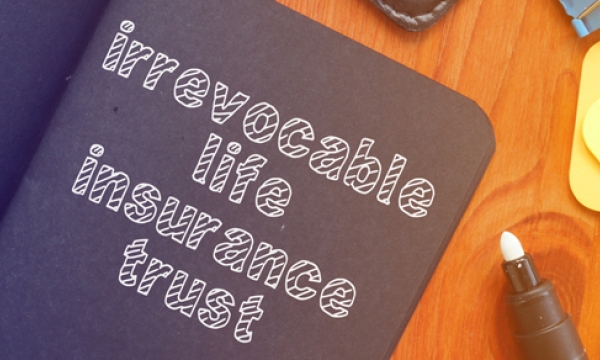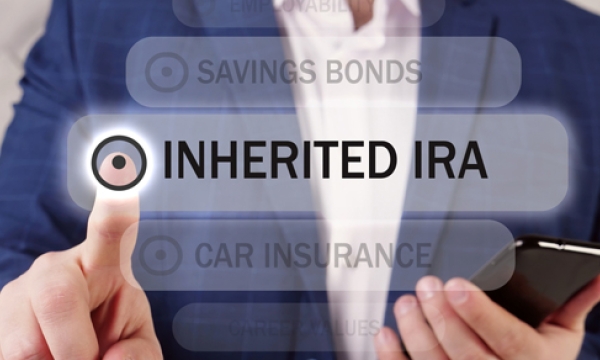Recent News & Blog / Estate Planning
Filing a joint tax return for the year of a spouse’s death can be beneficial
When a person dies, his or her personal representative (called an executor in some states) is responsible for filing an income tax return for the year of death. In some cases, filing jointly can provide tax savings, such as from a lower tax rate, larger tax credits and higher IRA contribution limits. Contact the CPAs and tax advisors at SEK for more information.
Undoing an irrevocable life insurance trust is possible
An irrevocable life insurance trust (ILIT) shields life insurance proceeds from estate tax because the trust, rather than the insured, owns the policy. But what if you have an ILIT that you no longer need? Does its irrevocable nature mean you’re stuck with it forever? Not necessarily. Contact the CPAs and estate planning advisors at SEK for details.
If you’ve inherited an IRA, you need to know about these new final IRS regulations
The IRS has issued final regulations relevant to taxpayers subject to the “10-year rule” for required minimum distributions (RMDs) from inherited IRAs and defined contribution plans, such as 401(k) plans. In a nutshell, the final regs largely adopt proposed regs issued in 2022.
A power of appointment can provide estate planning flexibility
After your death, events may transpire that you couldn’t have reasonably foreseen. To provide some flexibility, consider including a trust provision in your estate plan that provides a designated beneficiary a power of appointment over the trust’s property. The holder of the power of appointment can have the discretion to change distributions from the trust. Contact the CPAs and estate planning advisors at SEK for details.
Contributing to a Roth 401(k) plan may help achieve estate planning goals
When it comes to your 401(k) plan, you may have a choice to make regarding contributions. Should you make them on a pre-tax basis or on an after-tax (Roth) basis? The right answer depends on your current and expected future tax circumstances and the estate planning implications. Contact the CPAs and estate planning advisors at SEK with your questions.
Provide for multiple generations using a dynasty trust
A dynasty trust can preserve substantial amounts of wealth (and potentially shelter it from federal gift, estate and generation-skipping transfer taxes) for generations to come. The trust can be established during your lifetime, as an inter vivos trust, or part of your will as a testamentary trust. Contact the CPAs and estate advisors at SEK for more information.
A self-directed IRA can benefit your estate plan — but know the risks
IRAs can be powerful estate planning tools. With a “self-directed” IRA, you may be able to amp up the benefits of these tools by enabling them to hold nontraditional investments that offer potentially greater returns. However, it may also present unfavorable tax consequences. Contact the CPAs and tax advisors at SEK for your estate planning questions.
Beware these 5 estate planning pitfalls
No one likes to contemplate his or her mortality, but having a plan in place can provide you and your loved ones peace of mind should you unexpectedly become incapacitated or die. Here are five basic pitfalls you’ll want to avoid. Contact the CPAs and estate planning advisors at SEK for assistance to help ensure you’ve covered all the estate planning bases.
Undue influence claims may upend your estate plan
If someone is found to have exerted “undue influence” over your final estate decisions, a family member may challenge your will after your death. Establishing that you are “of sound mind and body” when you sign your will can go a long way toward combating an undue influence claim. Contact the CPAs and estate advisors at SEK for additional steps you can take to avoid future undue influence claims.
Don’t overlook digital assets in your estate plan
When it comes to digital assets, it’s important to know that, unlike other asset types, they leave little to no “paper trail.” Thus, unless your estate plan specifically provides for them, it may be difficult for your family to access these assets (or even know that they exist). Contact SEK for more information.









